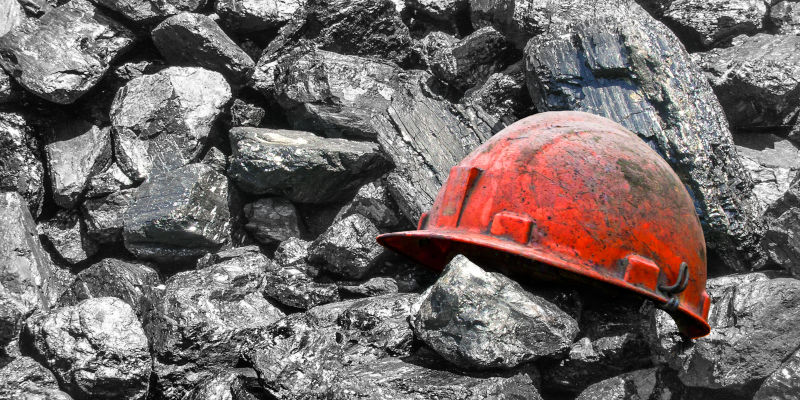Ken Henry: Is Australia an extractive or a productive economy?
November 15, 2024
Is our dependence on mining a sign of economic weakness? Is Australia suffering from the “resource curse”? This idea is a strong theme in Ken Henry’s address to the Royal Society of New South Wales: Inequality in Australia.
The mining industry is “the basis of our strong economy”. That’s hardly a contentious assertion: many would see it as a straight statement of fact.
Nationals MP Bridget McKenzie said it on a Radio National interview defending Peter Dutton’s trip to Bali in Gina Rinehart’s airplane, freely admitting that “the Coalition are the friends of the mining and resource industry”, and asserting that the industry is the principal contributor to our public revenue.
That point about public revenue was a dig at the ABC as a tax-funded public broadcaster, and it is quite wrong: the mining sector contributes only about 8 percent of Commonwealth taxes.
But is it right to assert that the mining sector is “the basis of our strong economy”?
The mining sector certainly contributes about 60 percent of our export earnings, but is it a source of economic strength?
Or is our dependence on mining a sign of economic weakness? Is Australia suffering from the “resource curse”?
This idea is a strong theme in Ken Henry’s address to the Royal Society of New South Wales: Inequality in Australia. (You can go straight to his speech, which starts at 6 minutes after an introduction and concludes at 50 minutes before Q&A.)
His main point is about how our economic structure – the economic structure of a country relying on resource extraction – has contributed to inequality, particularly an inequality in capability, to use Amartya Sen’s framework. In large part this is because of the extractive sector’s effect on our terms of trade and our exchange rate, to the detriment of our trade-exposed industries, including manufacturing, leaving us with a lopsided economic structure.
Inequality in capability leads to inequality in wealth, which, as Thomas Piketty explained, has its own self-perpetuating dynamic.
Henry calls for tax reform. He seems to be too modest to refer to his own 2010 Review. Rather he refers to the 1975 Asprey Review, the principles of which drove the Hawke-Keating government’s tax reforms (partly reversed by the Howard government). He refers to our present tax system as “a conspiracy against future generations”.
As a vision for Australia he refers to the 2012 White Paper “Australia in the Asian Century”. Upon being elected in 2013 the Abbott government ordered that it be pulped (presumably because the White Paper was not sufficiently deferential to Britain). Abbott never quite got his head around technology, and fortunately it is preserved on the Australian Policy Online website. That vision is captured in the White Paper:
… as a nation we must do even more to develop the capabilities that will help Australia succeed. Our greatest responsibility is to invest in our people through skills and education to drive Australia’s productivity performance and ensure that all Australians can participate and contribute. Capabilities that are particularly important for the Asian century include job-specific skills, scientific and technical excellence, adaptability and resilience. Using creativity and design-based thinking to solve complex problems is a distinctive Australian strength that can help to meet the emerging challenges of this century.
Those ideas are repeated in Henry’s speech. In all probability he had a hand in drafting that White Paper: its message is as strong and as relevant as it was in 2012. In fact the message goes back to Donald Horne’s 1964 book The lucky country, and has been taken up many times since, for example by the Centre for Policy Development in its 2013 book Pushing our luck: ideas for Australian progress.
As Bridget McKenzie confirms, Henry’s vision is not shared by the Coalition.
Their idea for the Australian economy is for a few more years of economic growth based on resource extraction, the benefits of which will flow to an already-entitled plutocracy, while we slowly slip into an extended period of low productivity, low wages, and social division, as once-prosperous Argentina did last century.
First published in Ian McAuley’s weekly roundup, www.ianmcauley.com

